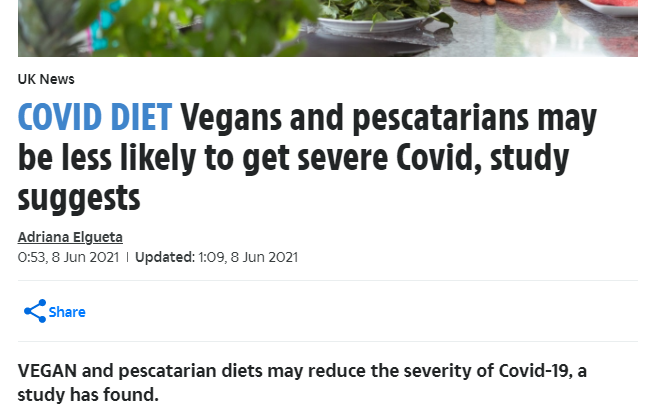
The trick is to be honest about the probabilities and what we know
So, for example, if you are worried about freedom, don't misuse vaccine reporting systems to make up fake concerns. Just talk about the issue you care about
So, for example, if you are worried about freedom, don't misuse vaccine reporting systems to make up fake concerns. Just talk about the issue you care about
https://twitter.com/EricRWeinstein/status/1404538693235343360
The problem is that most of the time the issues that people care about are not really interesting or realistic. "Oh no they might force kids to get a vaccine" is a tired, tedious line
Instead, people who are against COVID-19 vaccines for whatever reason tend to go with arguments that are a lot less accurate but a lot more emotive, which is where the issues with the discussion come in
I think the other point is that often "asking questions" is used as cover for disingenuous nonsense, because the questions asked are deceptive and misleading
• • •
Missing some Tweet in this thread? You can try to
force a refresh









